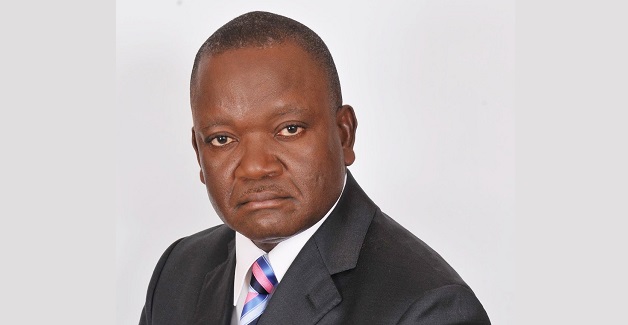Politics
Court throws out suit challenging EFCC’s powers to probe Benue accounts

A Suit challenging the powers of the Economic and Financial Crimes Commission (EFCC) to investigate accounts of the Benue State Government has been dismissed by a Federal High Court in Abuja.
Following what it described as frenzied investigation activities into its financial administration, the state government had filed the suit before the court challenging the powers of the anti-graft agency.
In the suit filed by state Attorney-General, Mr. Michael Gusa, Benue government had argued that the EFCC was not empowered by law to inquire into or investigate the financial affairs of Benue State.
He further argued that should the commission wish to investigate the government financial activities, it must first be empowered by a resolution of the Benue State House of Assembly.
The government also told the court that several and regular invitation of the officials of the Benue government by the EFCC head office in Abuja, hinders administration of the state.
The commission on the other hand had insisted that its actions were based on intelligence reports and petitions by individuals and corporate persons on alleged misappropriation of funds belonging to the Benue government.
But in his ruling on the matter on Monday, Justice Nnamdi Dimgba held that the suit was lacking in merit.
He said, “I must make clear from the very beginning that it appears to me that this suit rests on a very serious factual fallacy and misconception.
“It appears to be resting on the supposition that the EFCC is investigating Benue government with a view to establishing if the government has committed any of the economic and financial crimes or other offences, which EFCC is empowered to investigate and enforce.
“This misconception partly arises from the collapse of Sections 6 and 7 and 38 of the EFCC Act by the plaintiff, and on that basis, submitting that a state government does not fall within the definition of any of the subjects that can be open to the investigative measures under Sections 7 and 38 of the Act.
“This is because a state government can never be a “person, authority, corporation or company” as provided for in the Act.
“As stated, it seems issues are being mixed up here and court must be careful not to allow itself to be pulled into this deep gully of misconception.”
READ ALSO: Why Nigeria may remain world’s poverty capital –Emir Sanusi
According to the judge, the powers to fight corruption given to the EFCC under Sections 6, 7 and 38 of its Act, were broad and not limited to any geographical location.
He added, “Indeed, the definition of economic and financial crimes under Section 46 of the EFCC Act is so broad that it arises even in the context of the management of the financial resources of a state. I am, therefore, in total disagreement with the proposition that the EFCC is foreclosed from investigating an allegation of corruption when it has to do with the finances of a State Government.”
Justice Dimgba nonetheless, called on the EFCC to make sure its statutory functions are done in a way that would earn public confidence and must be impartial and neutral.
Meanwhile, counsel to the Benue government, Mr. Emeka Etiaba (SAN), who was accompanied by the state’s attorney general confirmed that the state would approach the Court of Appeal over the matter.
RipplesNigeria… without borders, without fears
Click here to join the Ripples Nigeria WhatsApp group for latest updates.
Join the conversation
Support Ripples Nigeria, hold up solutions journalism
Balanced, fearless journalism driven by data comes at huge financial costs.
As a media platform, we hold leadership accountable and will not trade the right to press freedom and free speech for a piece of cake.
If you like what we do, and are ready to uphold solutions journalism, kindly donate to the Ripples Nigeria cause.
Your support would help to ensure that citizens and institutions continue to have free access to credible and reliable information for societal development.






















